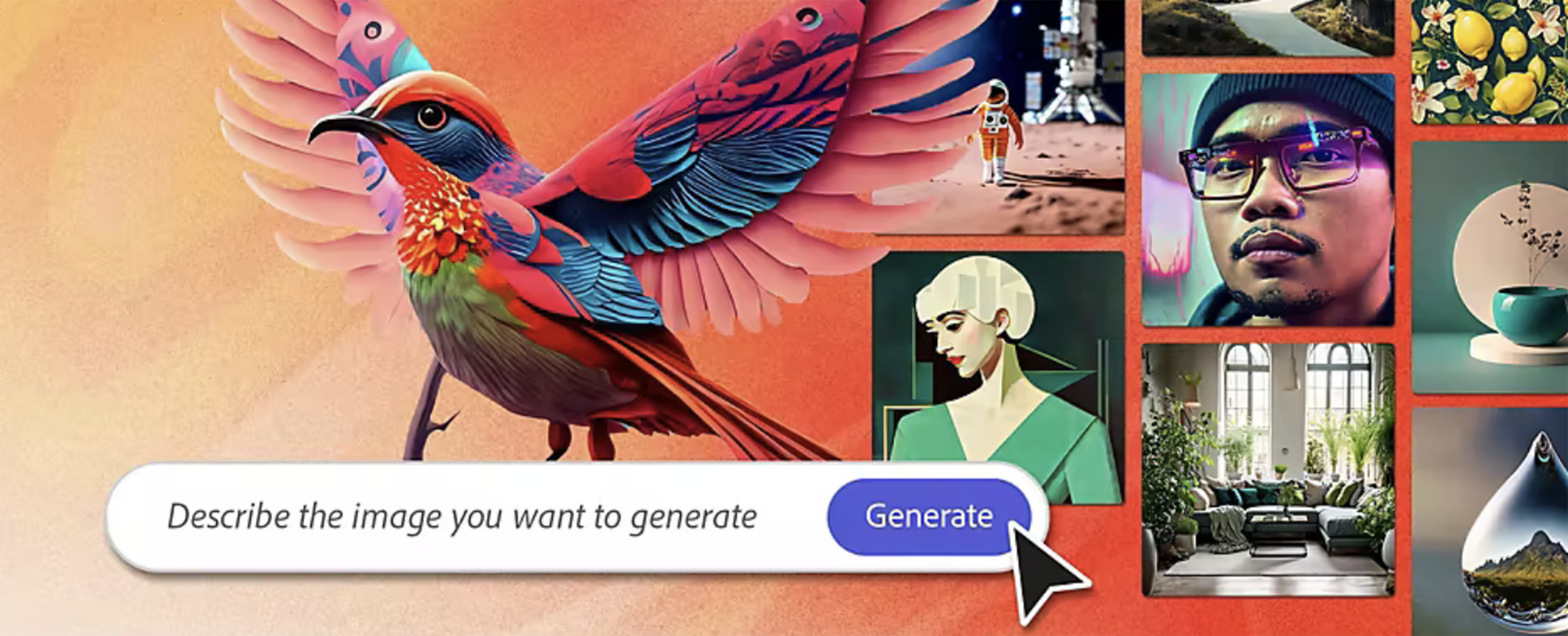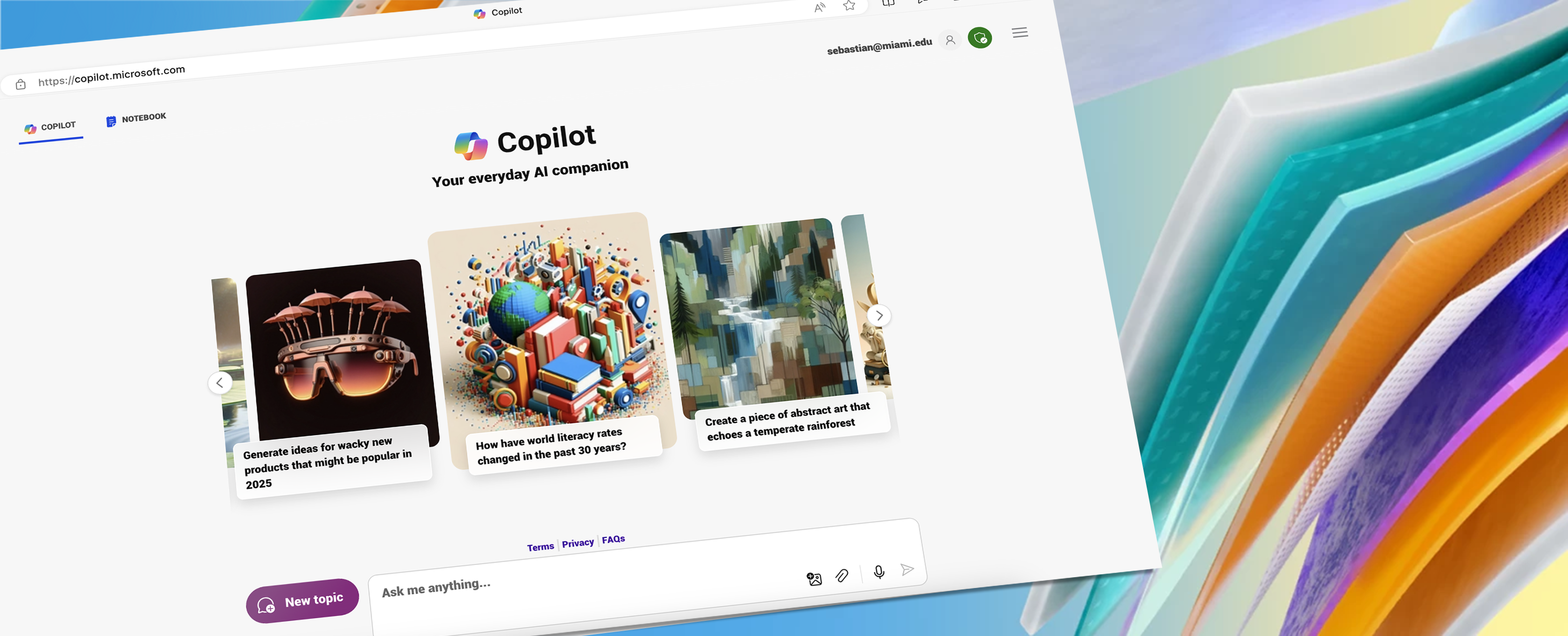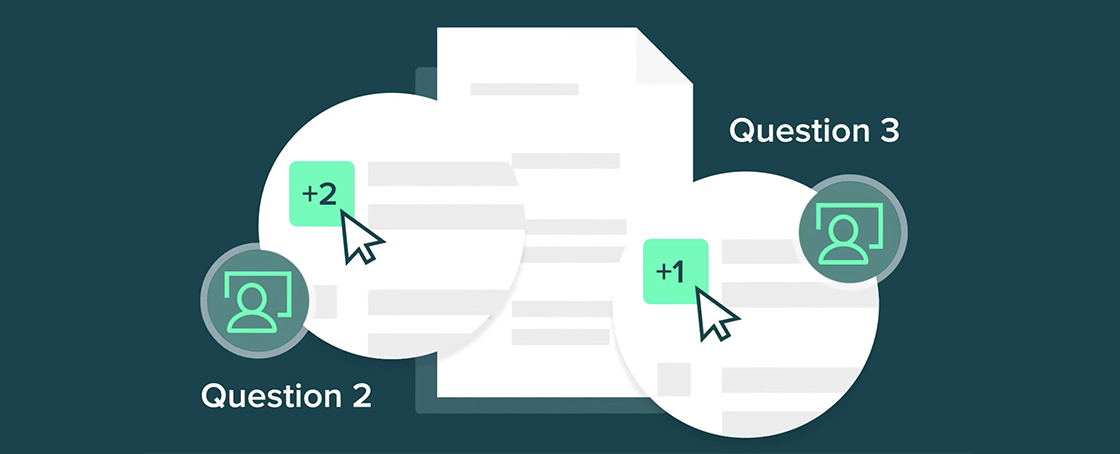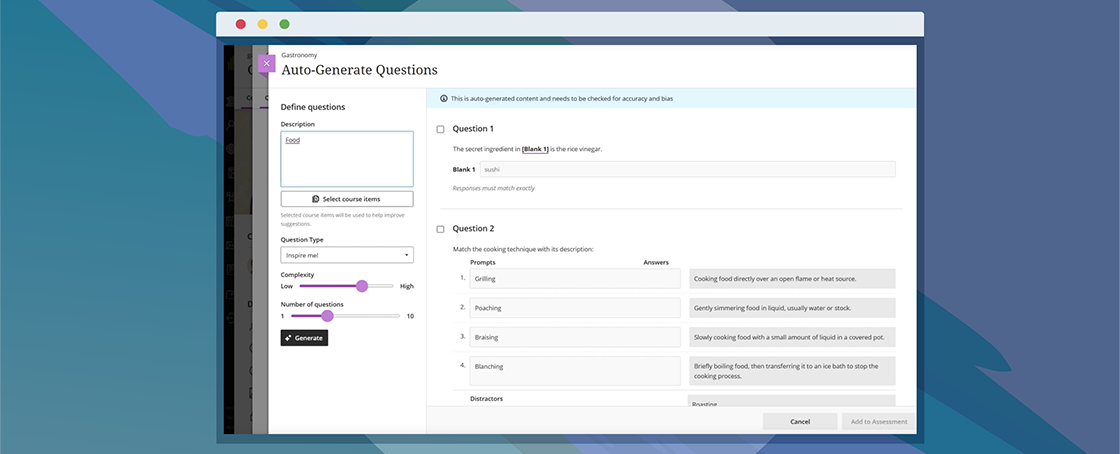Yes. There's the potential for misuse in generating misleading content, fake news, or deepfakes*.
In addition, as shared by the University in May 2023, the generative AI tool ChatGPT is not HIPAA compliant, and the University does not permit its use with any patient data. OpenAI, the company behind ChatGPT, also warns against inputting confidential data into the platform, which could constitute a public disclosure and lead to a loss in our ability to protect University information, including intellectual property.
Important: Copilot is not HIPAA compliant yet. Copilot unlocks generative AI for capabilities around asking questions and generating responses from the web. It does, however, have some limitations, such as working with documents and/or conducting custom searches within University of Miami firewalls. If you need any assistance around similar examples, or other potential use cases surrounding generative AI, please reach out to the Department of Data Science and Research Informatics at dsri@med.miami.edu or Academic Technologies at academictechnologies@miami.edu.
*A deepfake is a synthetic media (typically video) in which a person's likeness is replaced with another's, making it appear that the person is saying or doing something they didn't. This is achieved using advanced generative AI techniques.







